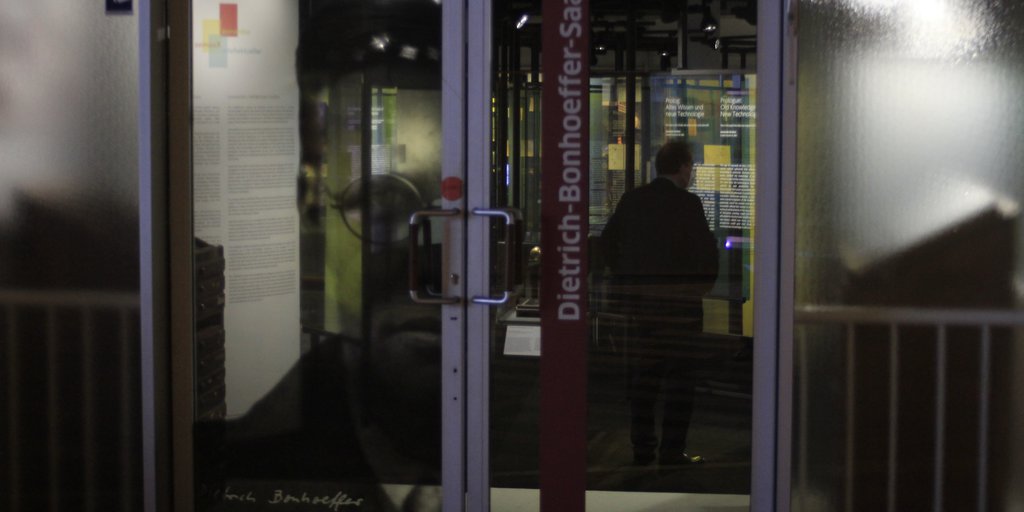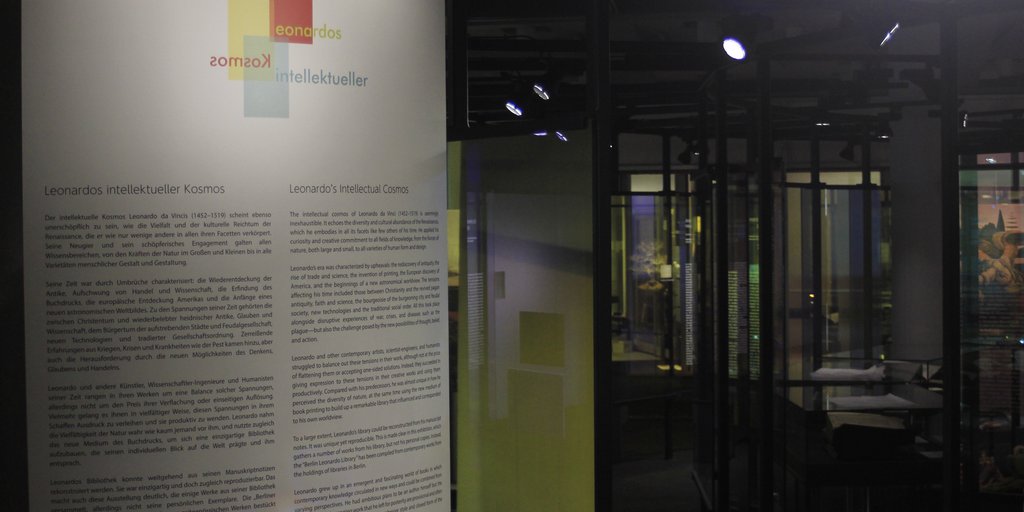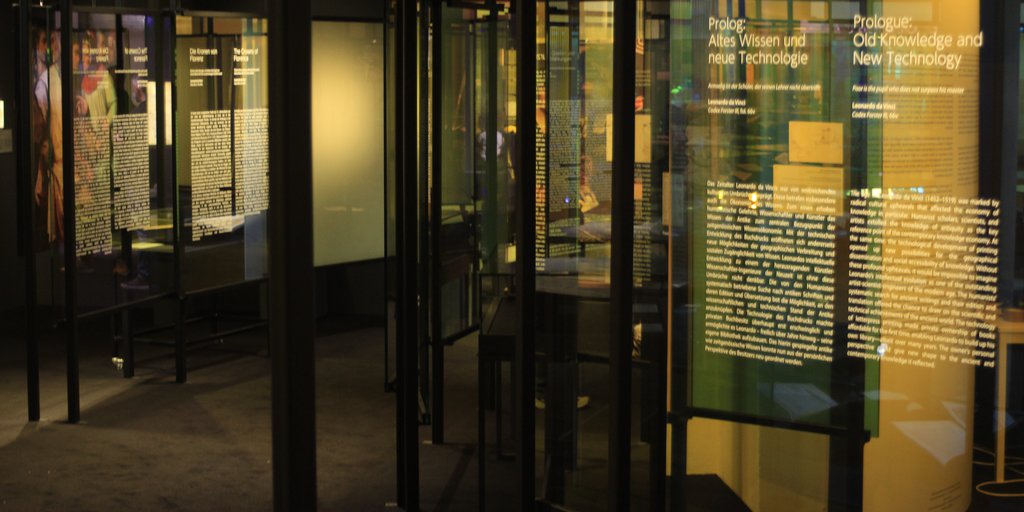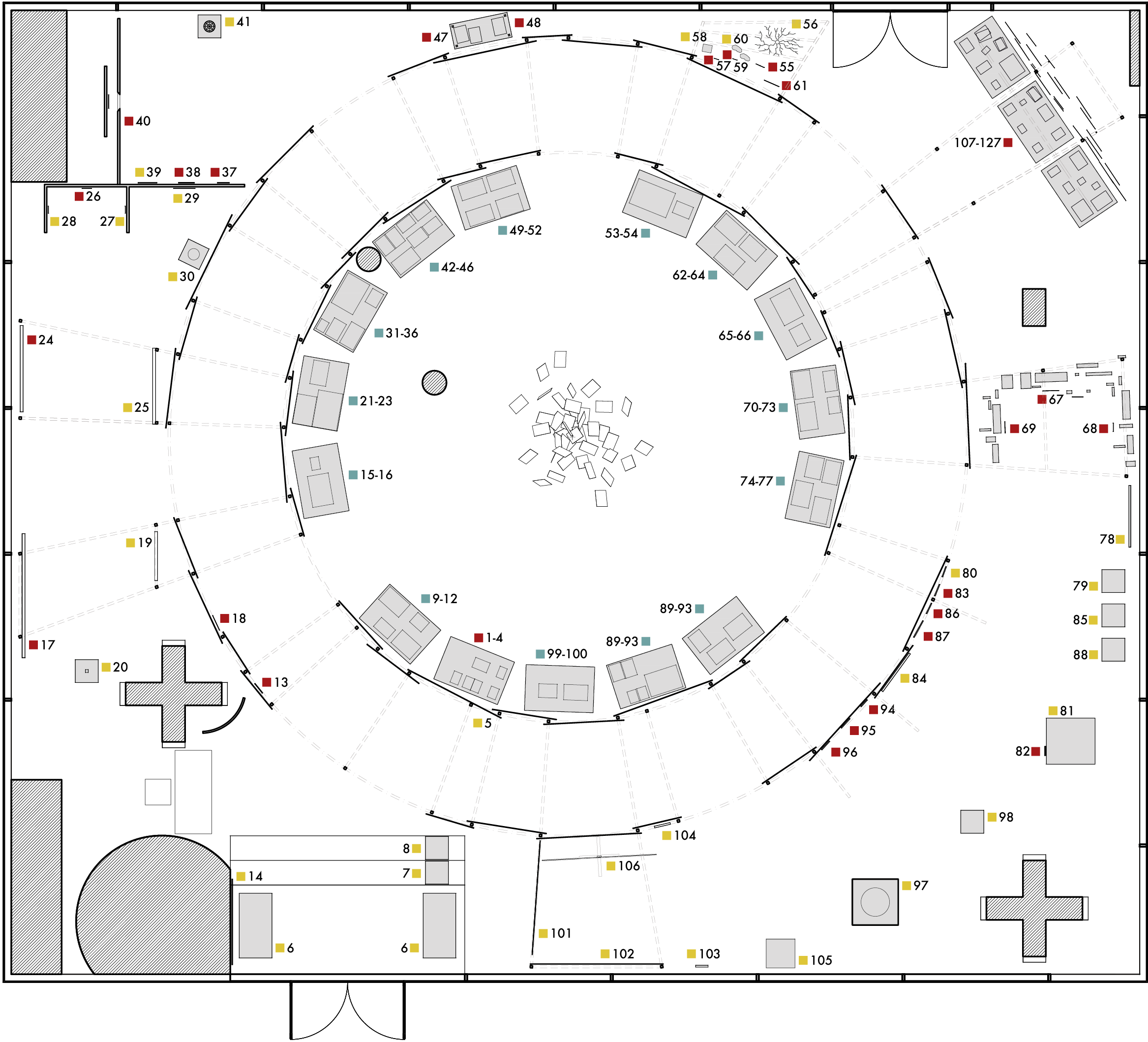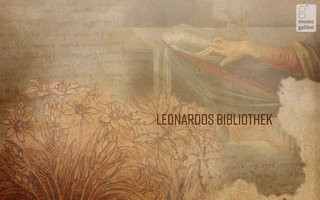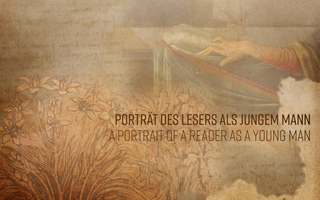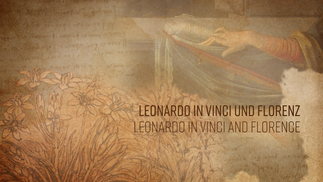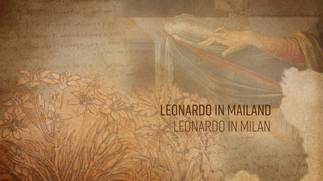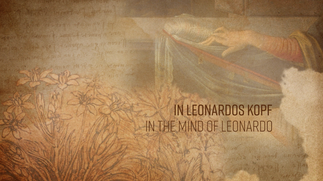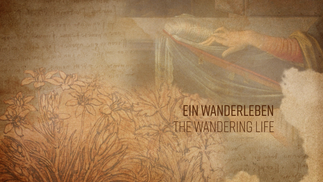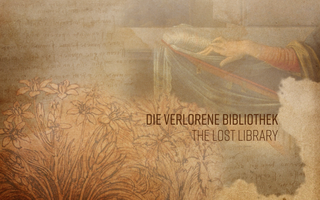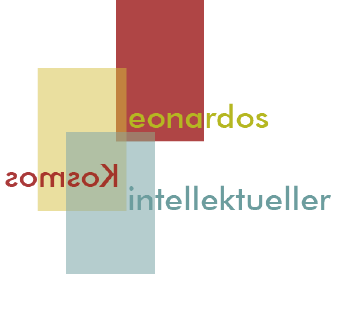
Prologue: Old Knowledge and New Technology <
Poor is the pupil who does not surpass his master
Leonardo da Vinci
Codex Forster III, fol. 66v
The age of Leonardo da Vinci (1452–1519) was marked by radical cultural upheavals that affected the economy of knowledge in particular. Humanist scholars, scientists, and artists extolled the knowledge of antiquity as the key reference point of the contemporary knowledge economy. At the same time, the technological development of printing opened up new possibilities for the geographical dissemination and social accessibility of knowledge. Without these profound upheavals, it would be impossible to imagine Leonardo’s intellectual evolution as one of the outstanding artist-scientist-engineers of the modern age. The humanists’ systematic search for ancient writings and their edition and translation offered the chance to draw on the scientific and technical achievements of the ancient world. The technology of letterpress printing made private ownership of books affordable for the first time, enabling Leonardo to build up his own library—albeit over many years. The owner’s personal perspective could give new shape to the ancient and contemporary knowledge it reflected.
Leonardo's Berlin Library: Section 1 <
 | 10. Heron of Alexandria. Liber geoponicus
16th c. |
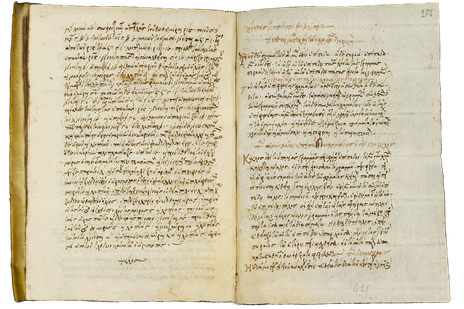
Heron of Alexandria (around 10 CE–around 70 CE) composed numerous writings on mathematics and pneumatics, hydraulics, and mechanics (particularly machines for lifting weights). Many of his machines were designed as theatrical illusions (automata, wind-powered organs, thunder machines, etc.) to beguile the public. Others certainly had a wider use, like water pumps and a pipette-like instrument. Although Heron does not appear in Leonardo’s book lists, his contribution to mechanics in the early modern period should not be overlooked. His principle of dismantling mechanical devices and reducing them to simple functions governed by the lever principle enabled subsequent authors to make the very first functional analyses of any machines, however complex.
The manuscript of Liber Geoponicus shown here is a compilation of different treatises in the original Greek on the topic of land surveying.
References
Damerow, Peter, and Jürgen Renn. 2010. “The Transformation of Ancient Mechanics into a Mechanistic World View.” In Transformation antiker Wissenschaften, edited by Georg Toepfer and Hartmut Böhme. Berlin:
De Gruyter, 243–267.
